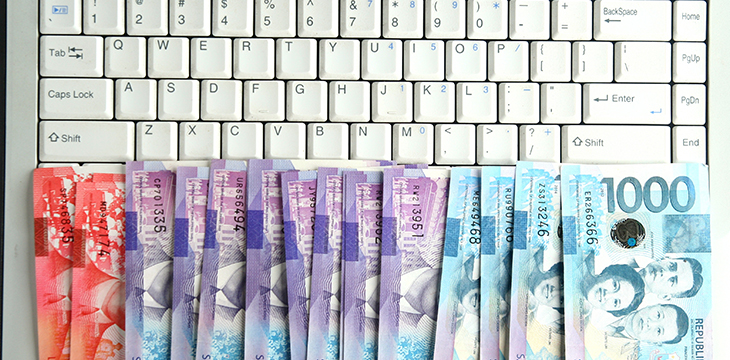|
Getting your Trinity Audio player ready...
|
The Bangko Sentral ng Pilipinas (BSP) has issued a memo warning banks to be more stringent when dealing with cryptocurrency businesses. The regulator urged commercial banks to be strict with their risk management protocols when dealing with crypto exchanges to prevent money laundering and terrorist financing through cryptos.
In the memo, the deputy governor of the BSP Chuchi Fonacier reminded banks to ensure that they only deal with exchanges that have received a license to operate from the BSP. The regulator has now issued the license to 11 exchanges. The latest was BitanMoneytech Co. Ltd. which received the license a month ago. Fonacier stated:
As a safeguard against unregistered virtual currency exchanges, BSP-supervised financial institutions, upon onboarding and during transaction monitoring, should exercise extra caution and vigilance as well as perform enhanced due diligence, as necessary, in accordance with their Money Laundering and Terrorist Financing Prevention Program as prescribed under existing regulation.
The Philippines has continued taking to cryptos rapidly, with the volume of crypto trades doubling to $390 million in 2018, a year in which cryptos took a huge price hit. With the country being the fourth-largest remittances receiver in the world and with over 75% of the population being unbanked, cryptos have found fertile ground.
This popularity of cryptos requires the banks to be extra vigilant, Fonacier stated. They should conduct risk assessment of the crypto exchanges, considering such factors as types of clients, business operations, distribution channels, products and services availed and anticipated account activity.
Additionally, banks must verify the exchanges’ registration with the Anti-Money Laundering Council (AMLC). In the Philippines, a crypto exchange must register with the AMLC in order to start operations.
Banks must implement robust systems that can identify unusual movement of funds by the crypto exchanges. This will enable them to investigate transactions and determine if filing a suspicious transaction report is warranted.
The BSP has so far issued licenses to 11 crypto exchanges. In April, it emerged that the regulator had issued licenses to three crypto exchanges namely ABA Global Phils Inc., Coinville Phils Inc. and Bexpress Inc. Other exchanges that have previously received licenses to operate include Rebittance Inc., Zybi Tech Inc. and Virtual Currency Philippines Inc.
However, despite the surging crypto popularity, the BSP has stated that it remains lukewarm on crypto. According to one senior BSP official, terrorist financing, money laundering and the price volatility of most cryptos were the main factors putting off the BSP.

 03-02-2026
03-02-2026 




